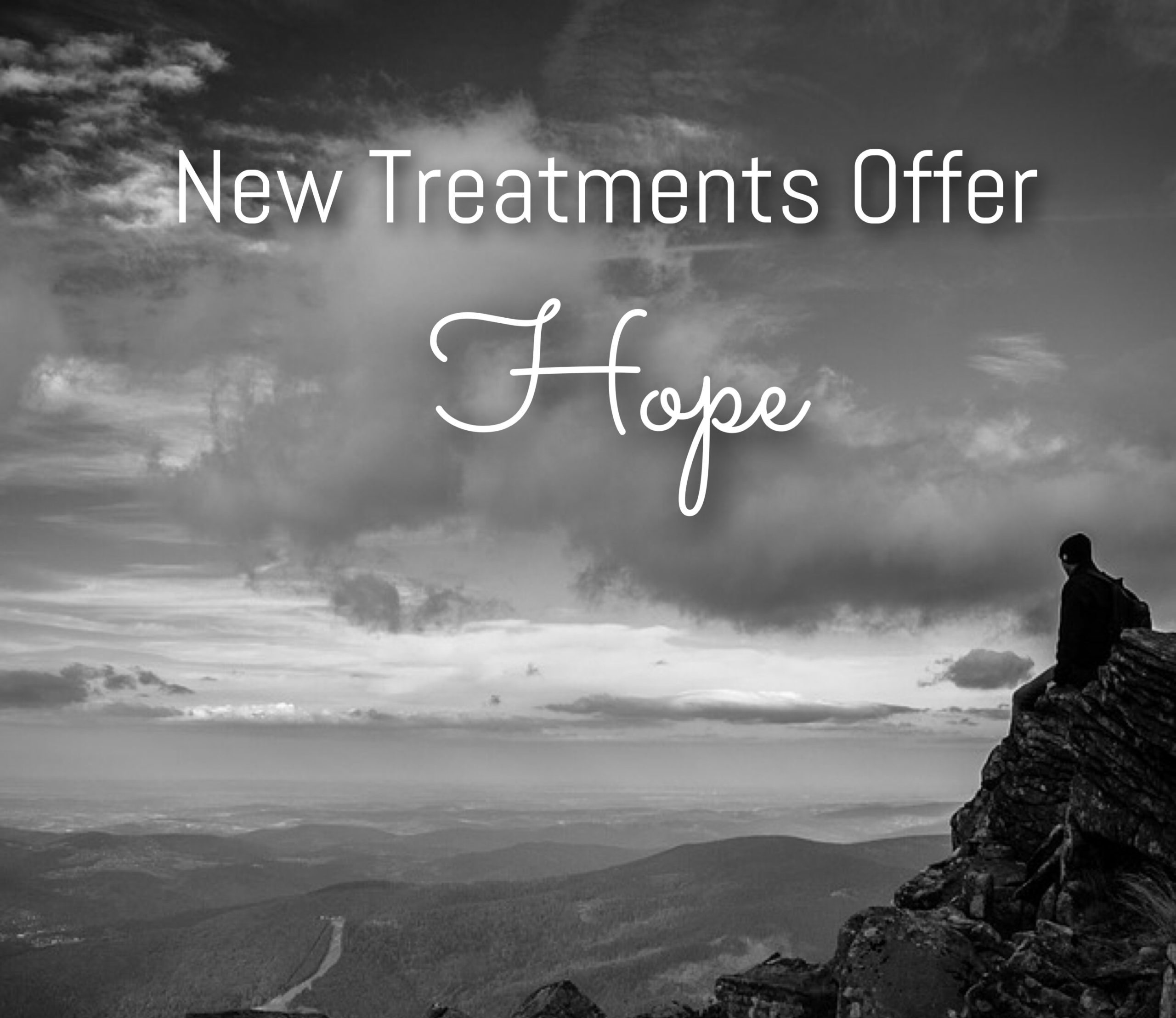
Depression Awareness: New Treatments
Depression has become one of the most well-known mental health disorders, mostly due to how common the disorder is. This has come with many advantages; as more people have opened up about their mental health disorders in one area, this has spread to other areas of mental health. This has led to less misinformation, an increase in funding dedicated to the research of many mental health disorders, and has allowed many individuals to reach out for help when they need it.
With increasing amount of funding and research being put into depressive disorders, many new studies have come out in recent years helping us better understand the diagnosis, and how to best treat it. Up until now, there have been a number of drugs on the market that are geared towards treating depression. Despite the plethora of drug types for treatment like SSRIs (ex. Prozac), tricyclics (ex. Imipramine), SNRIs (ex. Cymbalta) , finding the correct treatment for different individuals has never been more difficult. Right now, the treatment for finding a good drug that works for the individual coupled with cognitive behavioural therapy (CBT), is a trial-and-error process.
New Treatment Methods
Recent research has been finding treatment methods that work more uniformly in individuals. As of now most drugs have a 60% success rate, which still leaves millions of people searching for something that will help them manage their depression. Recently, drugs like ketamine have shown promise in helping alleviate depression, especially in the short-term. Ketamine is administered differently from other antidepressants; however, it is taken either through an IV or nasally and has to be taken twice a week. When it comes to severe depression that is resistant to treatment, ketamine has shown up to 85% effectiveness. Because of this it is becoming a major contender on the market to help people who are suffering through depression.
Besides drugs, other forms of therapy and treatment have shown promise including brain stimulation therapies, like ECT or TMS. A controlled version of electroshock therapy (ECT) has been shown to be nearly as effective as ketamine in helping people recover from depression. It requires repeated doses of ECT every few months and is also considered for people who are struggling with very severe treatment-resistant depression. However, it might take four or six treatments before the benefits of treatment are seen. While ECT is an age-old method that has been used, a new method of treatment is transcranial magnetic stimulation (TMS). TMS treatment sessions use magnetic coils in order to stimulate certain areas of the brain. Treatments sessions are usually around 40 minutes. Unlike ECT, TMS doesn’t require anesthesia. While both have mild side effects associated with them, research is being done to understand how to minimize these effects.
Help Is Out There
There are many different routes to combat mental health disorders and each patient is different; therefore, it is beneficial to find a therapist and medication that works for your specific needs and mental health. If you or someone you know is struggling with a mental health disorder, like depression or anxiety, please feel free to contact the professional team at Lifeline Connections for help. Getting yourself help, whether it is through self-help or by reaching out to professionals is an important part of recognizing that you are struggling and is a good step forward to get the help that you need. You can visit Lifelineconnections.org or call 360.397.8246 for more information.
